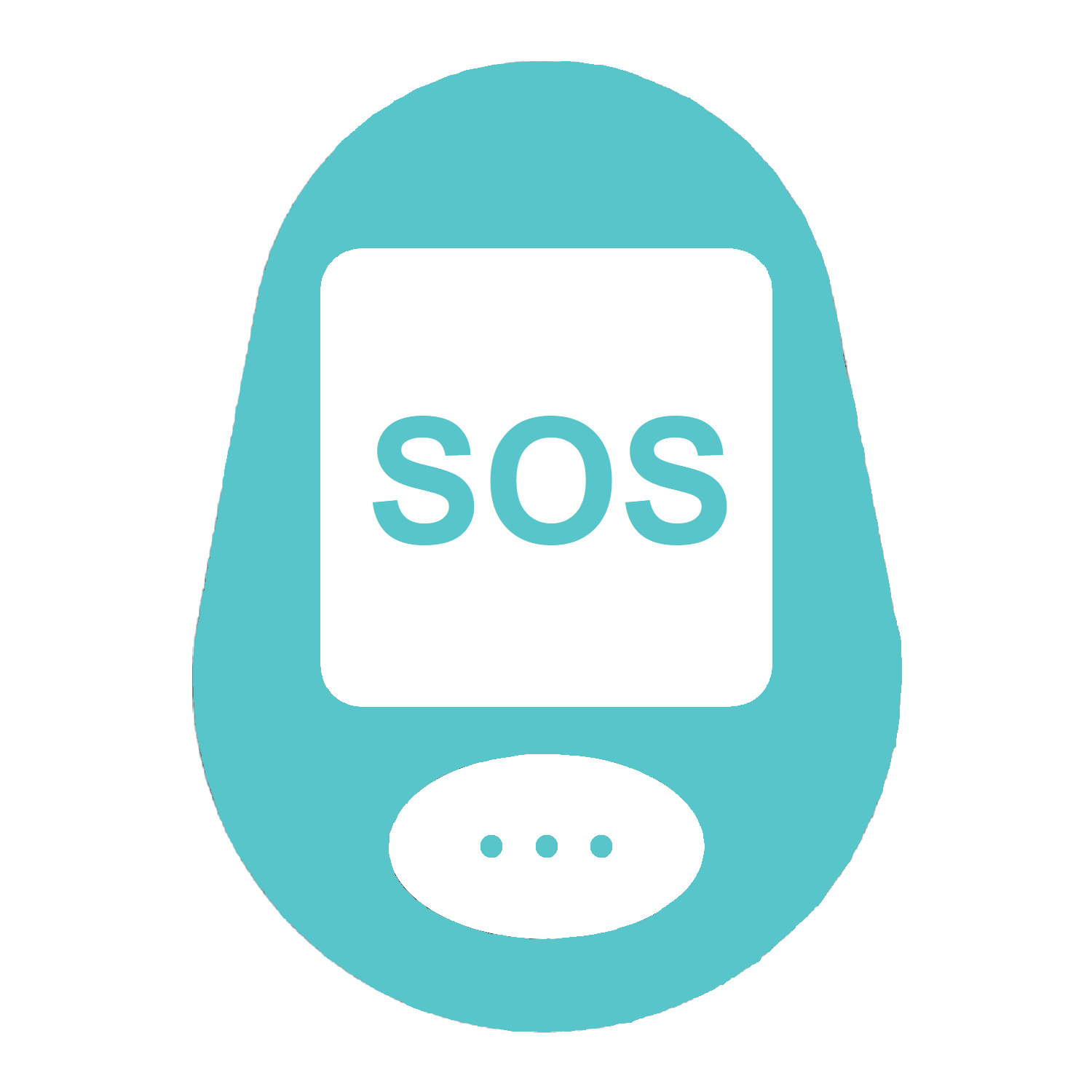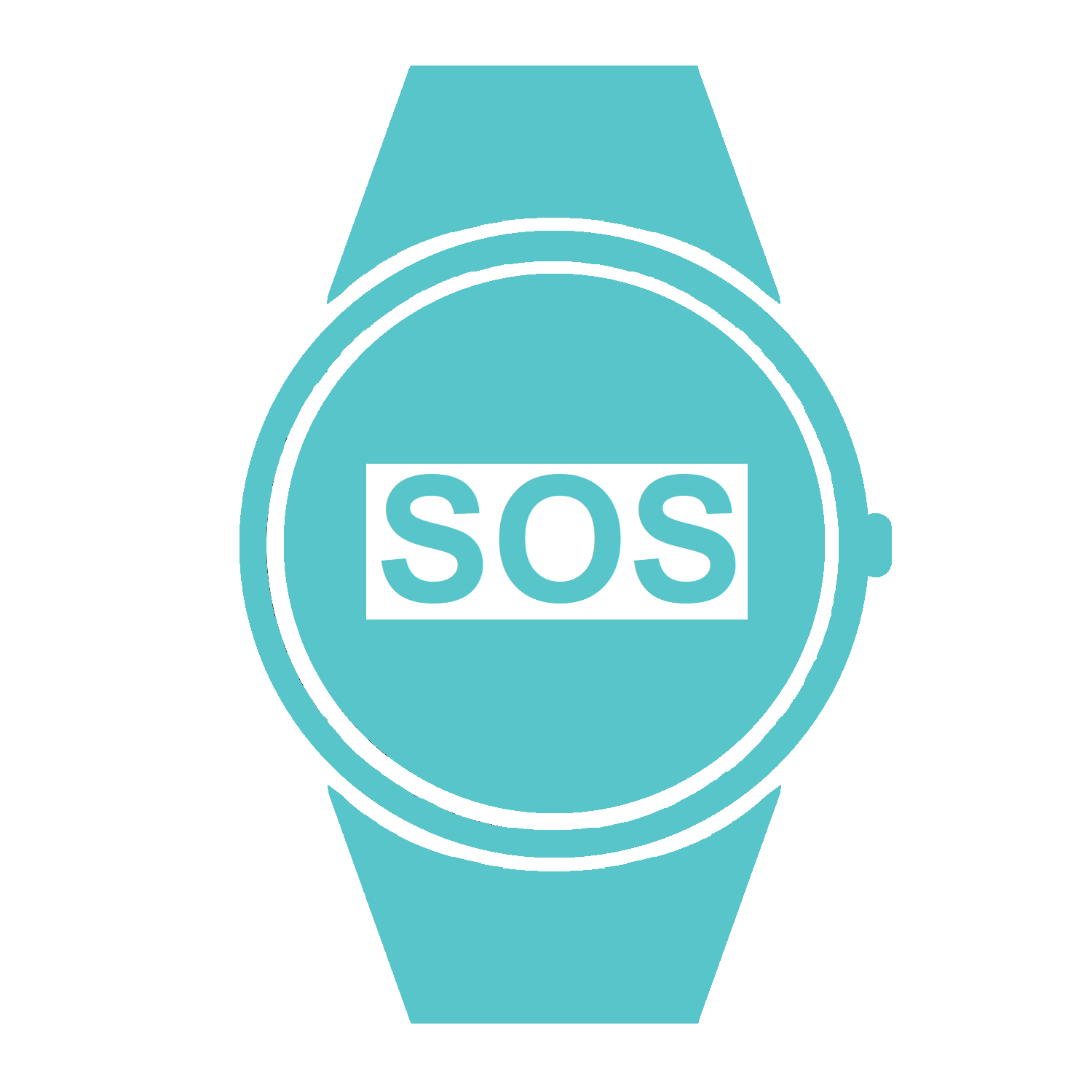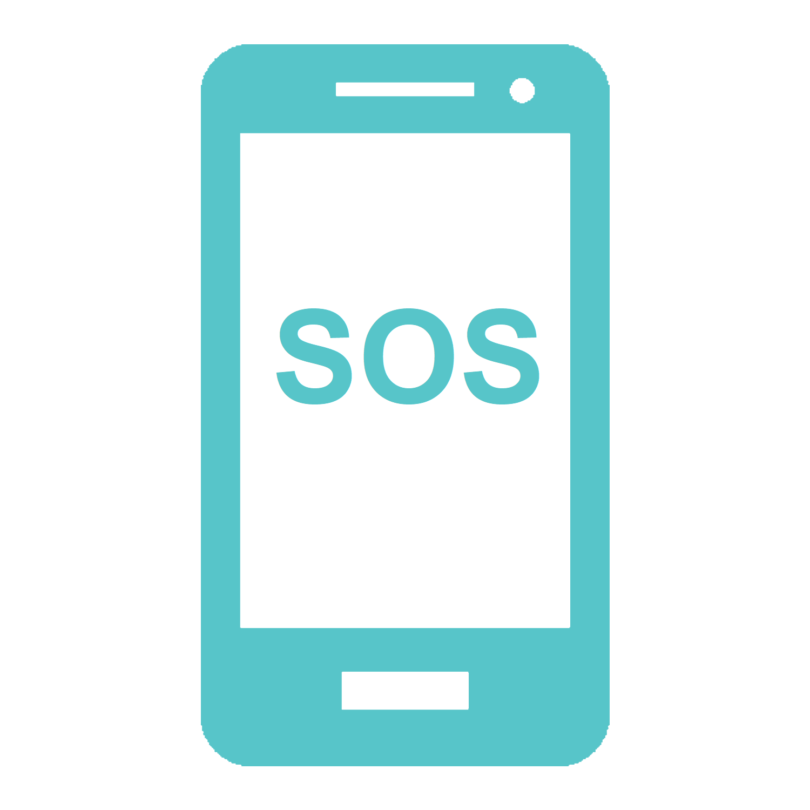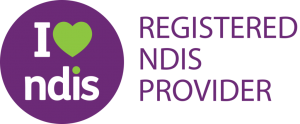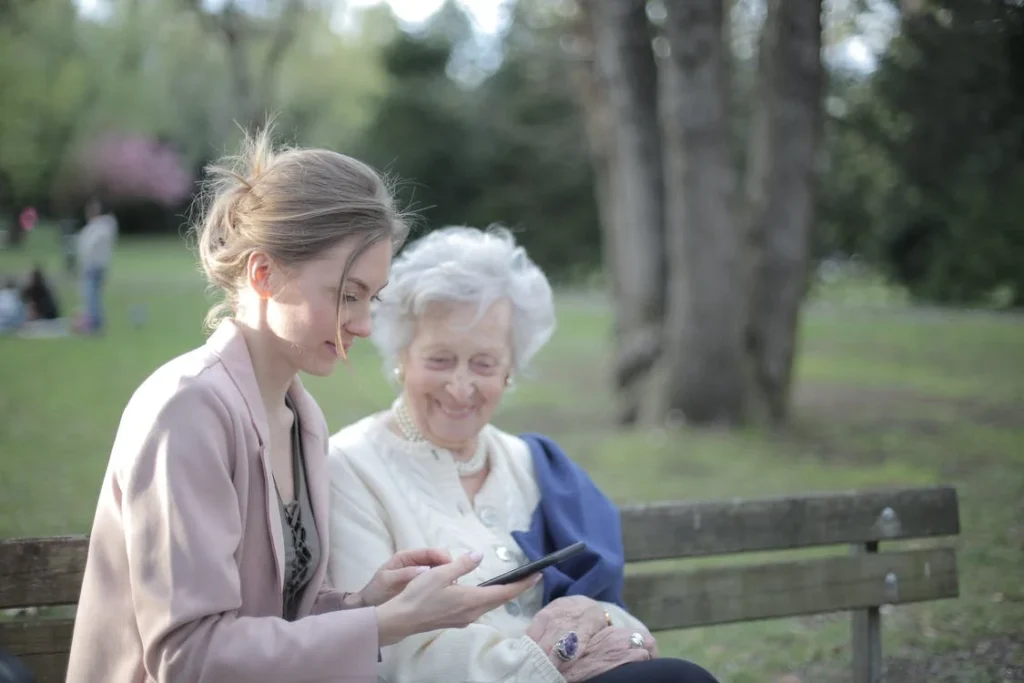Falling – it’s every child’s fear with elderly parents. We all know that prevention is better than the cure but for many seniors. Many still feel like their invincible younger selves! Getting an alert pendant with fall detection sounds ridiculous if they haven’t had a fall yet. In Australia, a third of seniors, 65 or older experience a fall each year. For this same demographic of seniors, falls remain one of the leading reasons for hospital admittance.
Like strokes, the effects of a fall often worsen with time. Taking this into account, the answer seems clear – a portable emergency pendant that works anywhere. The trouble is, starting that conversation between child and parent about the importance of an emergency device can be tricky. Common issues that seniors address include:
1) I don’t want to be a burden to my family;
2) I don’t need this device since I’ve never been in an emergency;
3) The technology is too confusing for me.
This article will help you understand how to approach the topic of medical alert systems with your parents and provide you with actionable tips on how to talk about the devices.
HOW TO TELL IF YOUR PARENTS NEED MEDICAL ALERTS
Before discussing how you might introduce the topic of medical alert devices, it’s useful to determine whether there is an immediate need. Some of the signs to watch for include:
1) Changes in physical health, such as having trouble getting around the home;
2) A recent fall that signals your parent may need more help than they admit;
3) Weight loss and frailty, leading to decreased mobility;
4) Problems with balance and walking;
5) Increasing forgetfulness or confusion;
6) Problems with vision;
7) A drop in mental acuity and alertness;
8) Home hazards such as broken steps or excessive clutter that pose a tripping hazard.
TIPS FOR STARTING THE CONVERSATION
No one likes to face the realities of ageing. As parents age, there is a role reversal in which the child is providing advice and support to their original caregiver. These issues can make for an uncomfortable initial discussion about medical alert systems.
Even if your parent is initially reluctant, the truth is that medical alert devices can keep the ageing adult independent and in their home for a longer period of time. Over three-quarters of over-60s want to see out their retirement in their own home – to be independent and free to do as they please. So when broaching the subject of a medical alert, make sure to:
1) Focus on how these devices keep them independent. This is the most important point that should be addressed early in the initial conversation. Try framing the entire conversation on how medical alert devices are designed to let people stay home longer without constant supervision in a care facility. The device wearer still maintains control over when the button is pushed and whether 000, a family member, or a professional monitoring service should be called. If the goal is to keep the person safer while preventing an incident that could lead to a nursing home, why not consider it?
2) Explain that you’re worried about their health and have found a way to keep them safer while living at home. Try to frame the discussion that “it’s for me not for you.” In other words, that an alert system will make you feel more at ease. That said, while the parent will likely say, “I’m fine,” the truth is that they may also be a little worried about their ability to continue to function effectively at home. Senior alert systems are designed not only to lessen the worry of their children and loved ones but also to address some of the challenges your parent may feel as they get older.
3) Emphasise that a mobile phone is not enough. It’s an understandable argument – why get an alert system when you already have a mobile phone that can be used to call for help? The problem is that generally, when a fall occurs, the senior can’t get to the phone because it’s not within arms reach. Even if a mobile phone was close enough, would the senior be coherent enough or have the capacity to call someone and explain what’s happened? With a medical alert, the fact that a fall had transpired could be automatically generated in a text message even before a call is made.
4) Partner with an expert. Having these conversations with a doctor or other 3rd party authority figure present can help make your case. Preparing for the discussion is important, but if you attend a medical appointment with your parent, that may be a good time to start the conversation.
5) Never patronise your parent(s) or talk down to them Approach the topic of senior alert systems from a position of respect and concern. Try asking your parent if they ever worry about not being able to get around their home or complete their daily chores. Are they worried about what will happen to them as they get older? As you begin the discussion, imagine what you would feel if it were your child talking to you about needing help one day. It’s important never to get angry or let your frustration show, share that you’re worried and you have something that you think will help them stay independent for as long as possible.
6) Discuss the cost. It is entirely possible that your parent will object based on the added expense when they “don’t think it’s necessary.” However, should they be injured and unable to get immediate medical attention, the potential hospital expenses will be significantly higher than the cost of a medical alert. If the purchase cost is not doable, consider interest-free instalments or hiring a unit. It is certainly less expensive than assisted living. How much is their safety (and your peace of mind) really worth?
7) Address the fact that the device may not be fashionable, but it is necessary, and no one will think less of them for wearing it. Some people worry that the device will make them look silly, feeble, or dumb. In fact, it signifies that someone cares enough about them to provide them with the device.
8) Be clear that falling and other medical emergencies are a real threat. Make sure to provide a number of facts from sources that elderly people would consider credible. Refer to the links above or in our previous articles, an example of which can be found here explaining why quick action is critical.
TALK TO YOUR PARENTS TODAY
As your parent’s age, there are a number of discussions that should occur that may make you and your loved one uncomfortable. Bringing up the issue of senior alert systems may well be one of these conversations. Keeping these tips in mind will ease the burden of the discomfort and provide long term piece of mind to both you and your parents. They keep their independence, you ensure their safety.





